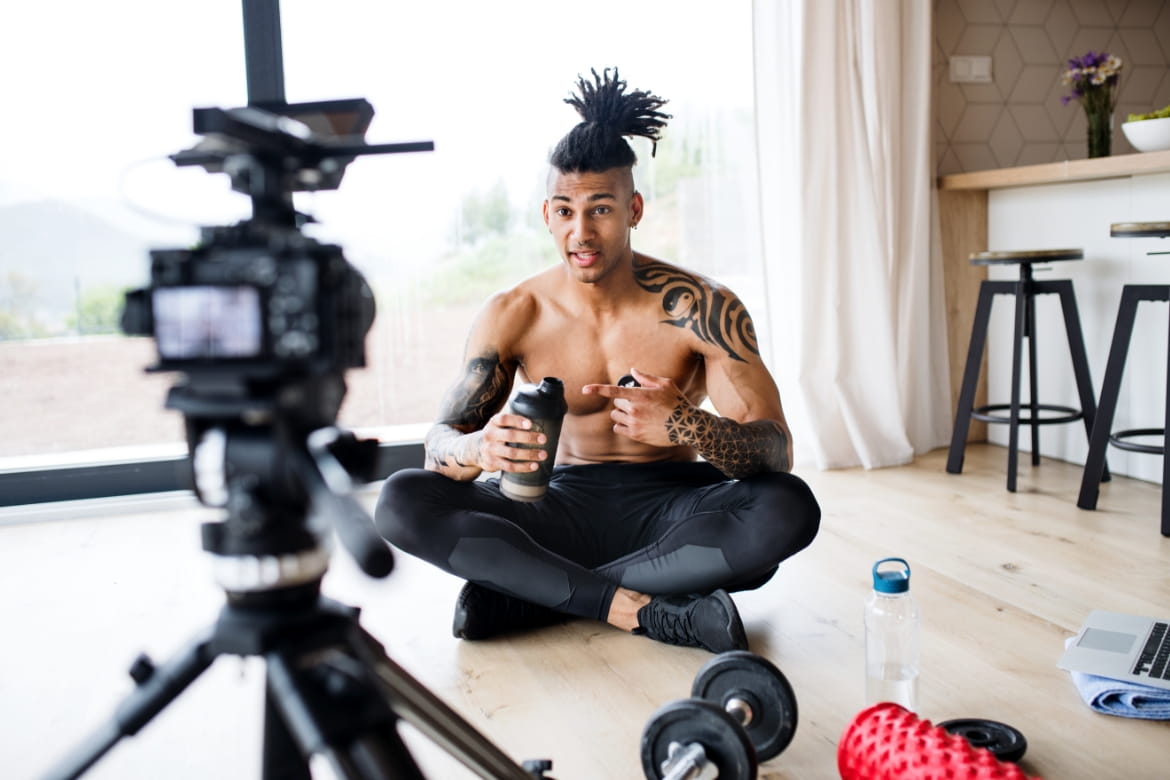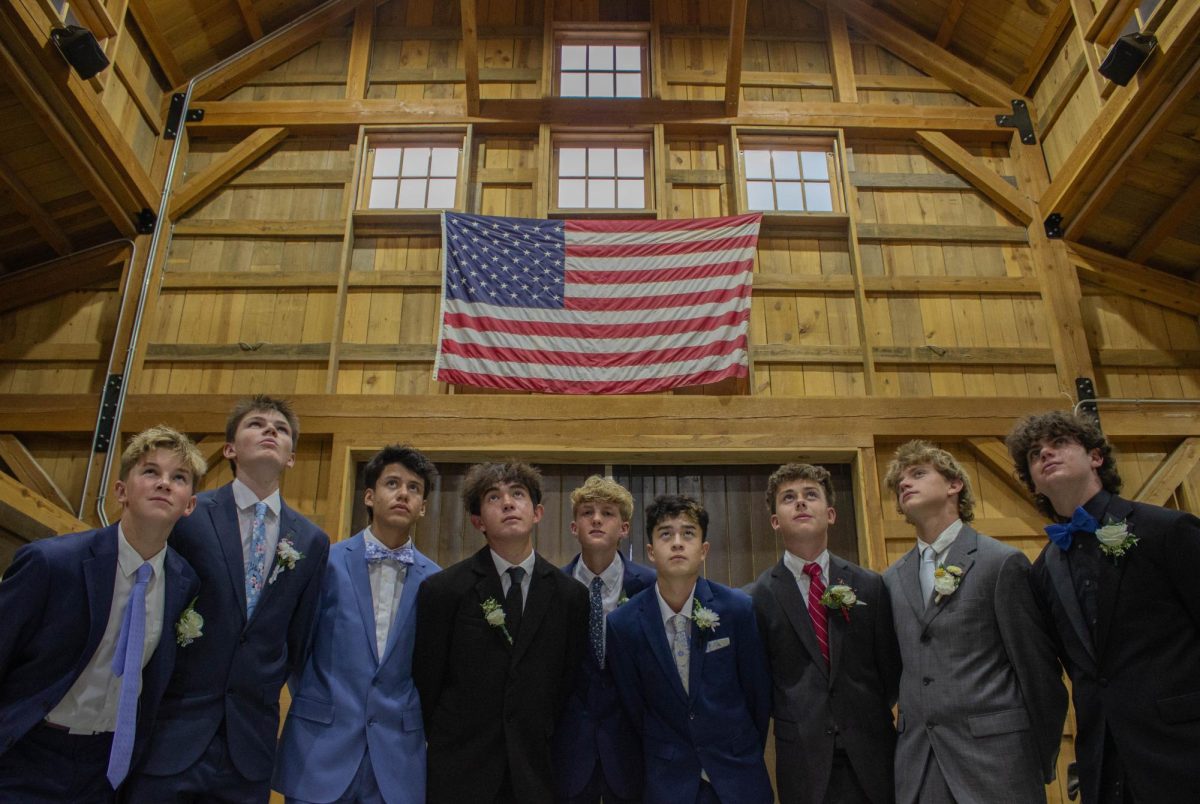In recent years, fitness has become more than just lifting weights or running laps. It’s a lifestyle, a form of self-expression, and a major part of online culture. Across TikTok, Instagram, and YouTube, Gen Z is transforming how people see exercise by blending authenticity, creativity, and community into every workout post.
Unlike past generations that focused mainly on gym aesthetics or strict routines, Gen Z approaches fitness with balance and mental health in mind. Influencers and everyday creators share both their struggles and progress, making fitness feel more accessible and less intimidating. Many young people now see working out not just as a way to look better, but as a form of therapy, discipline, and confidence building. Online platforms have played a huge role in this shift. TikTok challenges like the “75 Hard” or the “Hot Girl Walks” have inspired millions to stay active from home or at the gym. Social media algorithms amplify relatable content, often highlighting real results over perfection. This shift toward transparency has created a culture where authenticity is valued more than filters or unrealistic body standards.
I remember using an app with my mom when I was younger called Couch to 5K. It was one of the first fitness programs I saw that really used technology to make exercising feel achievable for anyone. We would follow the guided runs together, and I remember it being very enjoyable while still challenging. Since then, it feels like fitness has only continued to grow across digital platforms, with new apps, influencers, and trends constantly encouraging people to move and take care of themselves. Experts say that Gen Z’s approach to fitness is also deeply social. Online fitness communities allow people to share routines, track progress, and find motivation through connection rather than competition. Apps like Strava let users celebrate milestones together, turning what was once a solo pursuit into something more community based
However, this online culture is not without its downsides. The constant flood of fitness content can sometimes lead to comparison or burnout. Some influencers push extreme diets or unrealistic regimens under the guise of self-improvement. Health professionals advise users to stay mindful and focus on consistency, moderation, and credible sources. Still, Gen Z’s influence has reshaped the fitness landscape in a positive way. Through their creativity, openness, and drive to redefine what “fit” truly means, they have made working out feel more personal, inclusive, and inspiring, proving that fitness in the digital age is about far more than just the body.











